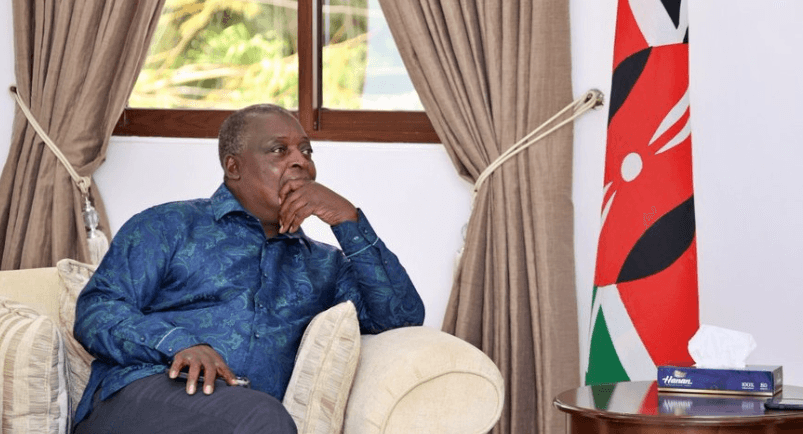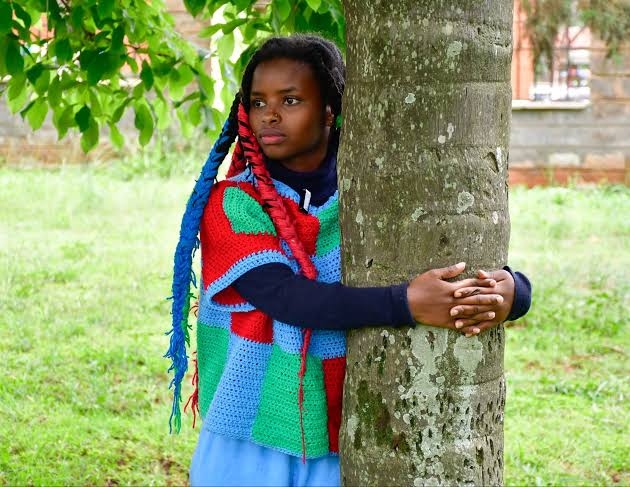I recently woke up to news from the office of the Controller of Budget that the State House and the Ministry of Interior spent over Sh3.8 billion outside the approved budget in the 2023/24 financial year, primarily for "national security and State functions."
Out of curiosity, I dug deeper, hoping that a small portion of that money had finally been set aside to pay four survivors of the 2007/2008 post-election violence.
These survivors, in petition 122 of 2013, had been awarded a modest four million shillings by the High Court as compensation for the trauma they endured.
I thought, “Surely, after 17 long years, the government has seen it fit to honour their debt and spare a few coins for their pain.” Not a single cent has been allocated to these survivors.
Still, not wanting to seem cynical, I had my colleague check again. This time, we looked at the additional Sh2.65 billion the Controller of Budget approved for the Ministry of Interior and Coordination of National Government.
We had hoped that part of it would be miraculously earmarked for these survivors. Not even a shilling was.
We double-checked against the Sh3.07 billion spent by the Treasury in the same financial year. Yet, despite this staggering amount, it couldn’t set aside a mere Sh4 million shillings to compensate these survivors, a drop in the ocean compared to the billions they spend elsewhere.
Fellow Kenyans, none of the government entities responsible for compensating these survivors have set aside even a shilling for them.
Now, I am trying to figure out how to tell these survivors that our justice system is perhaps the slowest, most bureaucratic one around.
But I hesitate, especially given the recent performance of our courts and the hope that they will serve as a last line of defence against a state that does not seem to care about her people.
And since we now have Kenya’s first female Attorney General, I have held off, hoping that maybe, just maybe, change is coming.
One of the survivors recently expressed frustration over the massive amounts of money spent during the "development tour" of Nyanza. You could hear the bitterness in their voice. Like all of us, they know that millions of shillings were splurged on this trip.
I tried to calm them down. I said, “Look, maybe these tours are meant to promote national unity. Maybe, as a result, they will prevent a repeat of what happened in the 2007 elections.” But they were not having any of it.
“What’s the point of these tours,” they argued, “when our hearts still have not healed? It has been 17 years, and the government cannot even manage to pay us the four million we were awarded after waiting 7 years for a judgment.”
While it may be said that sometimes governments have priorities and money is to be spent as per what was planned during the budget-making process, the survivors, who see us from the civil society as their hope, cannot comprehend how, for instance, Sh25 million was spent towards the beautification of Bungoma town in preparation for Madaraka Day celebrations.
These survivors fail to understand how a government for a foreign trip can hire a private jet costing over 50 million.
Yet, the same government can’t find Sh4 million to pay four people who were victims of one of the darkest periods in Kenya’s history. Honestly, I struggle to understand it too.
Kenya’s Constitution, under Article 48, guarantees every citizen access to justice.
The International Covenant on Civil and Political Rights, to which Kenya is a signatory, also provides for the right to an effective remedy for those whose rights have been violated.
Yet here we are, 17 years later, and these survivors are still waiting for their basic right to a remedy for violation of their right, through payment of compensation duly granted to them by the court.
Article 19(2) of the Constitution is clear: "The purpose of recognizing and protecting human rights and fundamental freedoms is to preserve the dignity of individuals and communities." How does a government preserve the dignity of survivors when it ignores court orders and prioritizes wastage over justice?
Like many Kenyans, the survivors do not care about foreign trips or town beautification. They care about healing, justice, and closure. The courts ruled in their favour; it is that simple.
If this government is truly one for the people as it often claims, maybe it is time to protect the dignity of its people. After all, justice is not a luxury. It is a right. And as the Constitution reminds us, it is a right for everyone, not only the preserve of the privileged and well-connected. It is a right even for the four forgotten survivors.
Yvonne Oyieke is the Utu Wetu Trust Executive Director
















